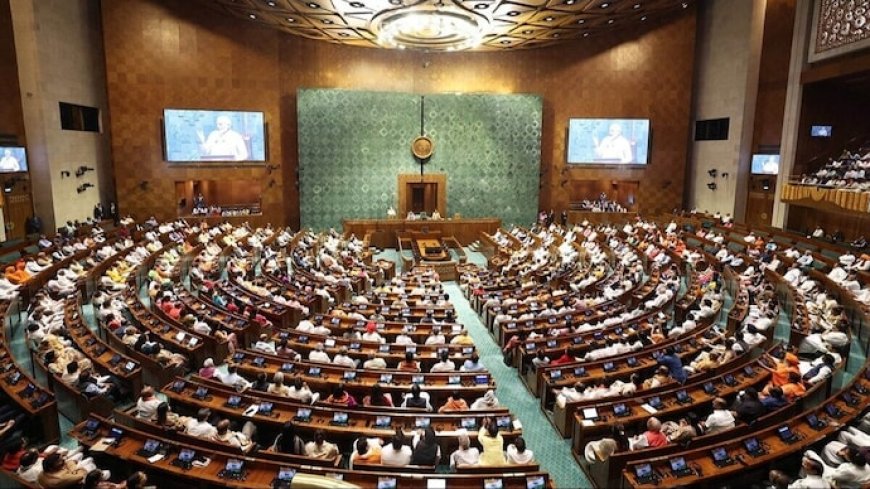India’s Bill Targets Arrested PM, Ministers for Removal
India’s new bill seeks removal of arrested PMs & Ministers, sparking debate on accountability, democracy, and misuse of power.

Introduction
In a significant and controversial move, India is debating a new bill that aims to disqualify or remove the Prime Minister, Cabinet Ministers, and other top officials if they are arrested in connection with criminal cases. This proposal has sparked a heated debate across political, legal, and social circles. The issue touches upon governance, accountability, and the balance between public trust and political survival.
History and Background
India has long struggled with the issue of criminalization in politics. Reports over the past decades have shown that many elected representatives face pending criminal cases, ranging from minor offenses to serious charges. While the Representation of the People Act lays down disqualification rules, loopholes have allowed individuals under investigation to continue in office. This new bill comes as an attempt to enforce stricter rules, ensuring that leaders accused of serious crimes are not allowed to hold power during ongoing investigations.
What the Bill Proposes
The bill essentially seeks to ensure that any Prime Minister, Union Minister, or state-level minister facing arrest will have to step down temporarily until acquitted. It is seen as a step toward political accountability, preventing misuse of power by those under legal scrutiny.
Reasons Behind the Move
The bill was introduced following growing public anger over corruption scandals, misuse of office, and the perception that leaders often evade justice. Critics argue that while ordinary citizens face immediate consequences upon arrest, politicians continue to retain their positions, influencing investigations. This legislation aims to bridge that gap.
Demands and Opposition
Supporters demand a clean political system where leaders must set an example of integrity. On the other hand, opposition leaders claim that the bill could be misused to target rivals through politically motivated arrests. They warn that it may weaken democratic institutions by handing excessive power to investigative agencies.
Current Updates
Debates are ongoing in Parliament, with legal experts and constitutional scholars weighing in. Some suggest amendments to ensure that only serious and proven charges trigger removal, while others want the law to cover all elected representatives. Civil society groups have welcomed the idea but called for safeguards against potential misuse.
Importance and Significance
This bill is significant because it addresses one of India’s biggest democratic challenges—ensuring transparency and accountability in governance. If passed, it could strengthen public trust in the political system and serve as a precedent for other democracies.
Advantages
-
Strengthens democratic accountability.
-
Prevents misuse of political power during investigations.
-
Builds public trust in leadership.
-
Ensures fair trials without political interference.
Disadvantages
-
Possibility of misuse for political vendettas.
-
Could destabilize governance if key leaders are removed frequently.
-
Risk of undermining the presumption of innocence until proven guilty.
Positives and Negatives
While the bill has the potential to cleanse politics and instill greater confidence in governance, its implementation will be the real test. Without safeguards, it may be weaponized to suppress political opponents.
Final Thoughts and Conclusion
The proposed bill targeting arrested Prime Ministers and Ministers is a landmark attempt to address the issue of criminality in politics. While it promises a more transparent system, its success will depend on balanced enforcement, free from political bias. The move reflects India’s evolving democracy—where citizens demand greater accountability from their leaders. Whether it becomes a game-changer or a political weapon remains to be seen, but it has undeniably triggered a conversation about integrity in governance that the nation cannot afford to ignore.

 Ellofacts
Ellofacts 





